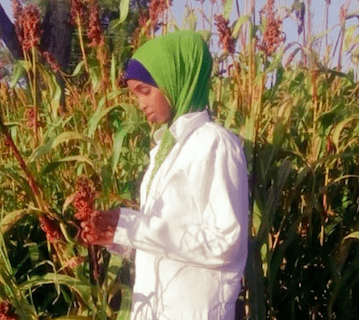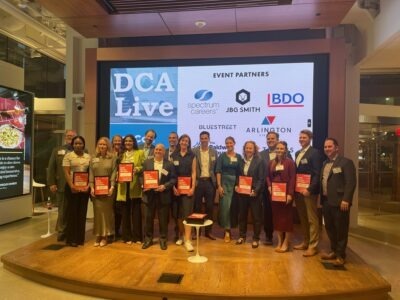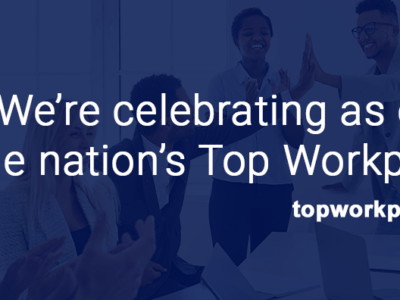
Over the last several years, Kenyan universities and institutions of higher learning have seen a decline in students taking Science, Technology, Engineering, and Mathematics (STEM) courses. Statistics from The National Education Sector Strategic Plan for 2018-2022 indicate that Kenyan universities are focusing more on humanities and business courses, forgoing STEM courses as fewer students enroll in them. The report also indicates that far less women enroll in these courses than men.
Several factors, including gender stereotyping and lack of funding, have been cited as the causes for the low numbers of women taking STEM courses. A report by Lucy Wandiri Mbirianjau, a lecturer at Keyatta University, titled “Why Fewer Kenyan Women Are Choosing or Completing STEM Courses” indicates that women make up a mere 30-35 percent of the students in STEM courses and even fewer complete their studies. Given that STEM is at the heart of Kenya’s Vision 2030, the country’s development plan, it is essential that women are encouraged to enter STEM-related fields.
Poverty, of course, hinders women from pursuing STEM studies. This is particularly the case in Northern Kenya, where parents struggle to pay school fees. The Kenya Feed the Future Livestock Market Systems Activity (LMS) invests in young women’s STEM education through grants, an investment that perfectly parallels the theme of this year’s (2020) International Day of Women and Girls in Science that focuses on Inclusive Green Growth. With project support, these women will reinvigorate their communities and transform the region with the knowledge they gain from their studies.
Young STEM Students Gain Knowledge to Benefit Their Communities
Meymuna Barrow (pictured above), a promising STEM student supported by the ACDI/VOCA-implemented LMS Activity, commented, “I am from a poor family background whose livestock has been destroyed by droughts in the past years and have now settled in the periphery of Wajir town. My family is using the small income generated from the sale of the animals to feed the family and pay school fees for the young ones at home.”
For Rahma Mohammed, the story is much the same, “I hail from a poor family where pastoralism is our way of life. With the little that my parents get, they give priority to my siblings who are boys to continue their studies. In my community, a girl is treated as a lesser being.” Another student, Asiya Abdi, nearly had her dream for further education shattered. She explains, “I am a girl from a poor background. My parents could not meet the educational costs during my high school studies. I was on the verge of dropping out of school before a Good Samaritan came to my rescue and I was able to finish.”
As part of its mandate to enhance youth employability and workforce development, LMS empowers girls and young women by providing them scholarship grants to continue their studies. As a result, Meymuna, Rahma, and Asiya are currently studying Agriculture & Biotechnology, fields typically dominated by men, especially in Northern Kenya. The young women yearn to apply the knowledge they acquire to their communities.
Rahma looks forward to proposing interventions that will mitigate cattle loss due to recurring drought. “I will use my knowledge and skills to advise my county government to set up a fodder factory in every sub-county to save our animals during drought season. I will also seek to ensure the enhancement of food security in every ward.”
“The skills I will gain will help me to increase the breadbasket of my community. Agriculture being a pillar in any economy, good agricultural practices supported by modern-day scientific knowledge will not only contribute to food security, but it will also [lead to] employment.”
Asiya, Project-supported STEm student who aspires to promote the adoption of modern agricultural practices in her community
Meymuna looks forward to improving on the contributions the County Government has already started. “The County Government has started supporting farmers with tools and seeds, but they have poor skills in farming. Once I complete my studies, I will support these farmers with my skills on good practices to use in agriculture.”
LMS plans to disburse a total of Kes. 15,000,000 (US$149,126) as 150 scholarship grants to youth and young women in five counties in Northern Kenya. The funds will also be channelled to those interested in apprenticeships.
Learn more about our work in Kenya here.
Learn more about our LMS Activity here.






